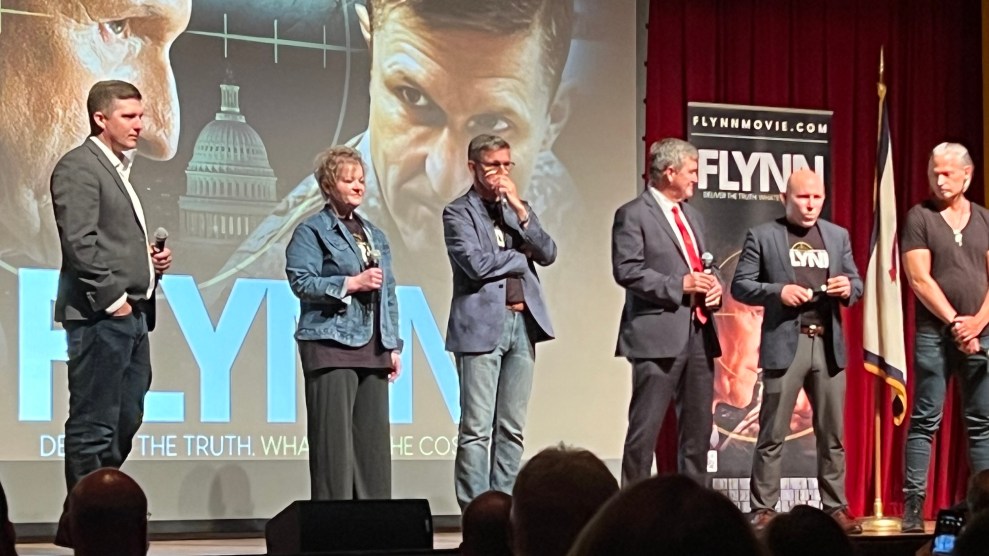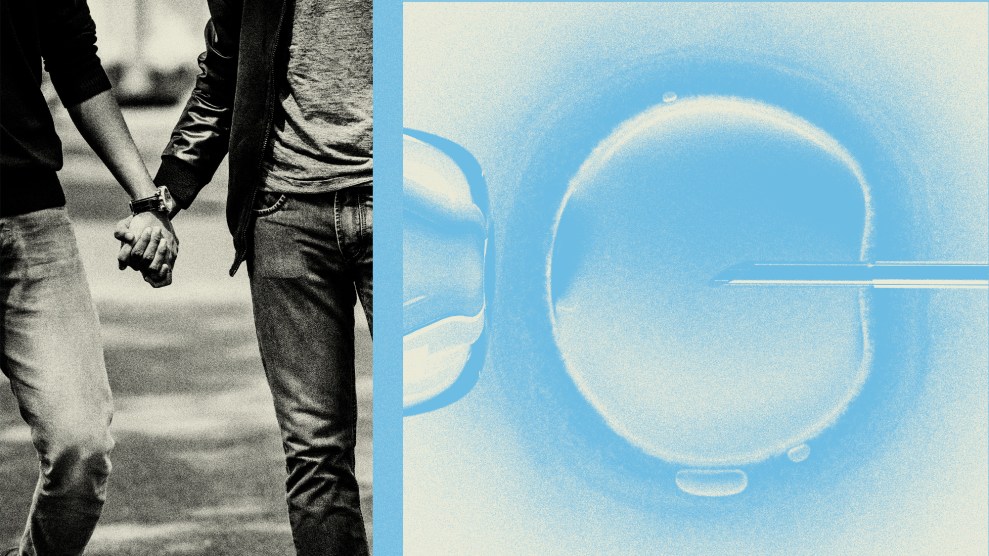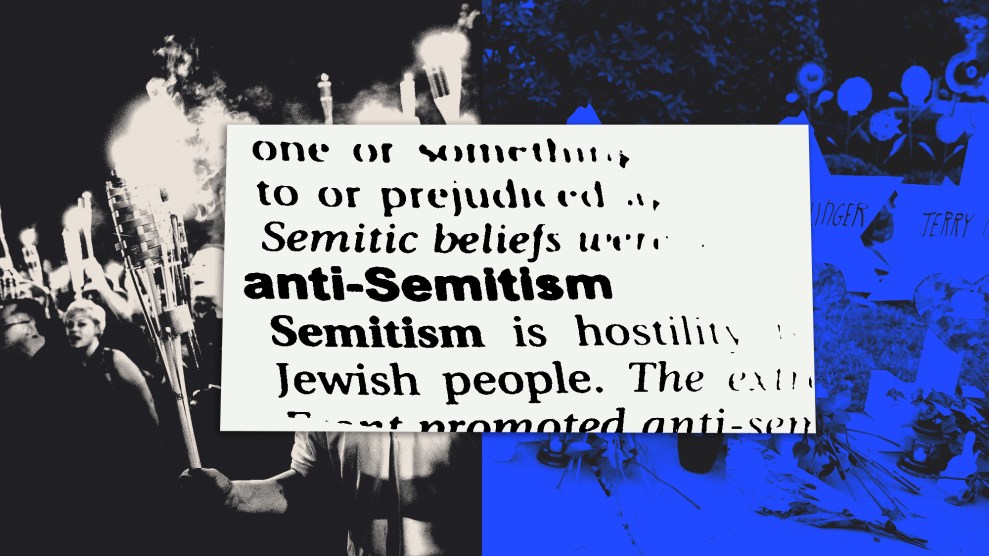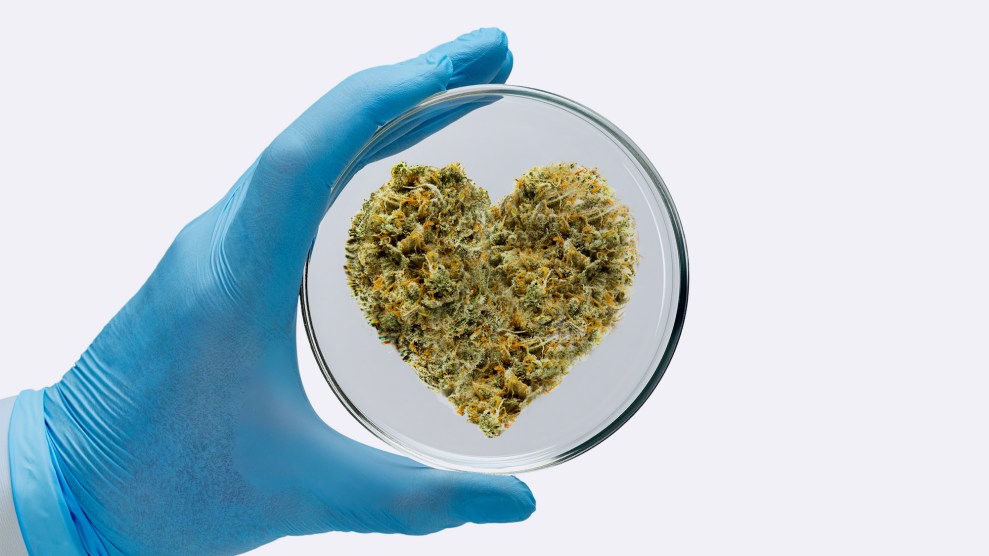
Lately, there’s been an ongoing Riff debate about whether popular music totally sucks or just mostly sucks. Mother Jones staffers may be appalled to find the relative merits of “My Humps” being argued on the (virtual) pages of their esteemed publication, but I think it just shows the temerity of our journalistic commitments: we’ll visit Iraq or Fergie-stan. The question of why people like what they like—or, more accurately, how in God’s name they can freakin’ stand that crap they’re listening to—has popped up in a few other interesting places lately, and in both instances, it turns out musical taste has little to do with music.
First up, Wisconsin Public Radio’s “To The Best of Our Knowledge” (an unassuming show that sticks to its themes a lot better than “This American Life”) recently featured writer Carl Wilson, who braved a musical phenomenon even more fearsome than Fergie: Celine Dion. He actually wrote a book all about Dion and “the end of taste,” and says that he was surprised by how little a predilection for the Canadian actually indicated about a person, citing a man who felt Dion’s music helped him while growing up gay in an alcoholic household. Honestly, though, that one seems pretty obvious. Wilson also cites his discovery of Dion’s musical “diversity,” although one could also point to her “lunacy” if this recent video of her that made its way around the intertubes is any indication:
Next up, Gawker points out a recent Fast Company piece on trends and The Tipping Point and stuff, which included a fascinating study on how exactly music “catches on.” Researches gave groups of people a list of songs and had them discuss and rate them, creating a mini-hit parade for their micro-culture, which was contrasted with a control group’s isolated individual song ratings. What researchers discovered was that the groups came up with all different ratings, and they rarely matched established “merits”:
In fact, Watts explains, only about half of a song’s success seemed to be due to merit. “In general, the ‘best’ songs never do very badly, and the ‘worst’ songs never do extremely well, but almost any other result is possible,” he says. Why? Because the first band to snag a few thumbs-ups in the social world tended overwhelmingly to get many more. Yet who received those crucial first votes seemed to be mostly a matter of luck.
Not only do people like what other people like just because other people like it, but also the only reason those things got liked in the first place was the random fact of their being brought up first. Win the early-mention game of chance, and you’re set. Huh… it kind of explains Pitchfork, doesn’t it.















